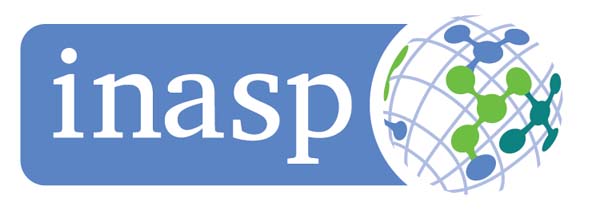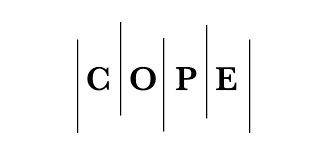Quasi-semi clean rings
DOI:
https://doi.org/10.29304/jqcsm.2025.17.22204Keywords:
Clean rings, r-clean rings, quasi clean ringsAbstract
Recently, Tang et al. [1] studied a broader concept than the concept of clean rings called quasi-clean rings. In this paper, we use the method of Tang et al. [1] in generalizing clean to construct and study a generalization of semiclean rings of Ye [3] to a broader class of rings called quasi-semiclean rings. Let be a ring with identity. Then, is said to be a quasi-semicelan ring if every element can be expressed as where is a unit of and is a quasi-periodic element of : that is satisfies the equation where and is a central unit, . We prove several properties of the class of quasi-semiclean rings similar to those of semiclean rings and also settle new properties and results. In particular, we show that clean rings and certain types of quasi-semiclean rings (quasi-clean rings to be precise) are the same concept and prove this equivalence. Furthermore, we investigate the quasi-semicleaness of various types of rings such as Morita context rings, trivial extensions of modules , and the Nagata ring .
Downloads
References
Tang, G., Su, H., & Yuan, P. (2023). Quasi-clean rings and strongly quasi-clean rings. Communications in Contemporary Mathematics, 25(02), 2150079.
Nicholson, W. K. (1977). Lifting idempotents and exchange rings. Transactions of the American Mathematical Society, 229, 269-278.
Ye, Y. (2003). Semiclean rings. Communications in Algebra, 31(11), 5609-5625.
Fan, L., & Yang, X. (2008). On rings whose elements are the sum of a unit and a root of a fixed polynomial. Communications in Algebra, 36(1), 269-278.
El Najjar, A., & Salem, A. (2024). The f(x),g(x)-clean property of rings. International Journal of Mathematics and Computer Science, 19(3), 687-691.
El Najjar, A., & Mohammed, A. S. (2024). Some Properties of Rings of the Type f(x),g(x)-clean. Journal of Al-Qadisiyah for Computer Science and Mathematics, 16(1), 23-28.
Arora, N., & Kundu, S. (2017). Commutative feebly clean rings. Journal of Algebra and its Applications, 16(07), 1750128.
Huckaba, J. A. (1988). Commutative rings with zero divisors. New York.
Han, J., & Nicholson, W. K. (2001). Extensions of clean rings. Communications in Algebra, 29(6), 2589-2595.
Yi, Z., & Zhou, Y. (2007). Baer and quasi-Baer properties of group rings. Journal of the Australian Mathematical Society, 83(2), 285-296.
Downloads
Published
How to Cite
Issue
Section
License
Copyright (c) 2025 Esraa H. Remzi, Samer Al-Sammarraie, Abdelwahhab El-Najjar, Akram S. Mohammed

This work is licensed under a Creative Commons Attribution-NonCommercial-NoDerivatives 4.0 International License.













